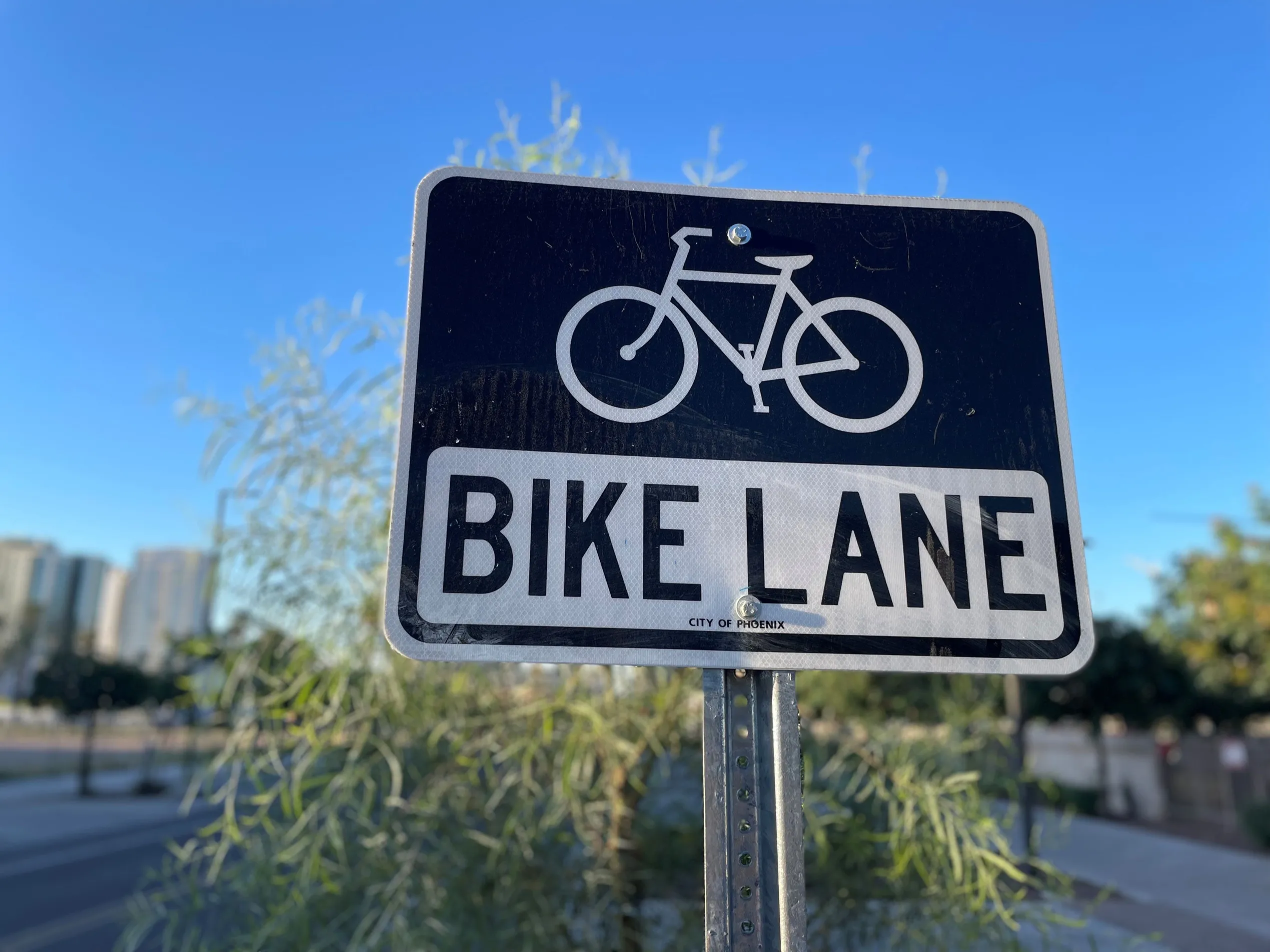
A police force in the UK has given Truvelo a contract for its hand-held Lasercam 4 and VMS mobile enforcement solution.
Staffordshire Police will use the Lasercam 4, a Home Office type-approved video Lidar speed meter which can capture high-quality video evidence of speeding offences as well as other moving traffic violations.
VMS is a browser-based solution which can process all types of enforceable driving and parking offences — both criminal and civil.
Among the key benefits are the lack of need to remove media from the device, plus the introduction of an end-to-end audit trail.
Truvelo's technical sales manager Steve Townsend says: "We look forward to working with them to deliver a successful implementation and provide ongoing support."
The contract was awarded through the Crown Commercial Service (CCS) Traffic Technology and Associated Services (TTAS) procurement framework.









